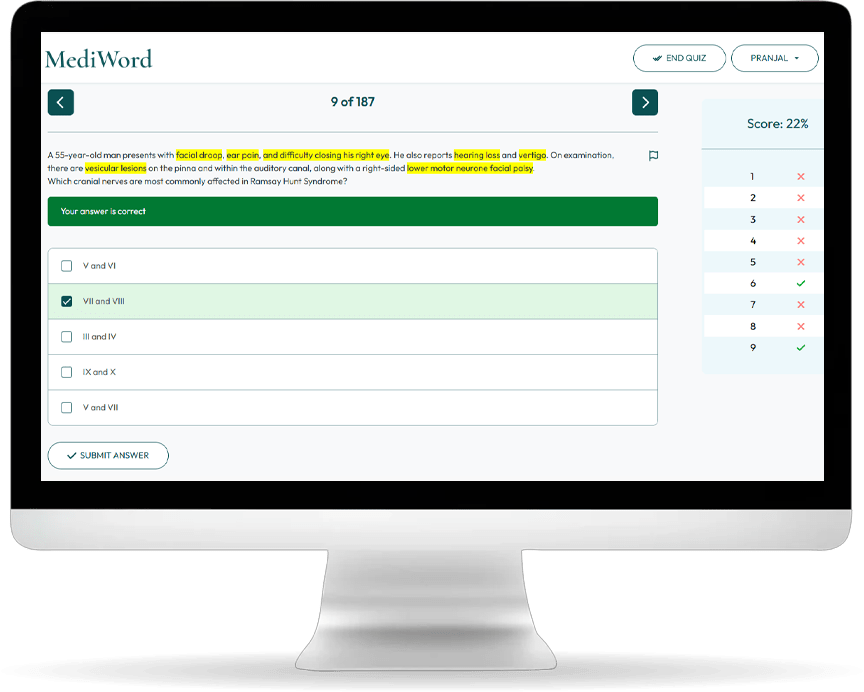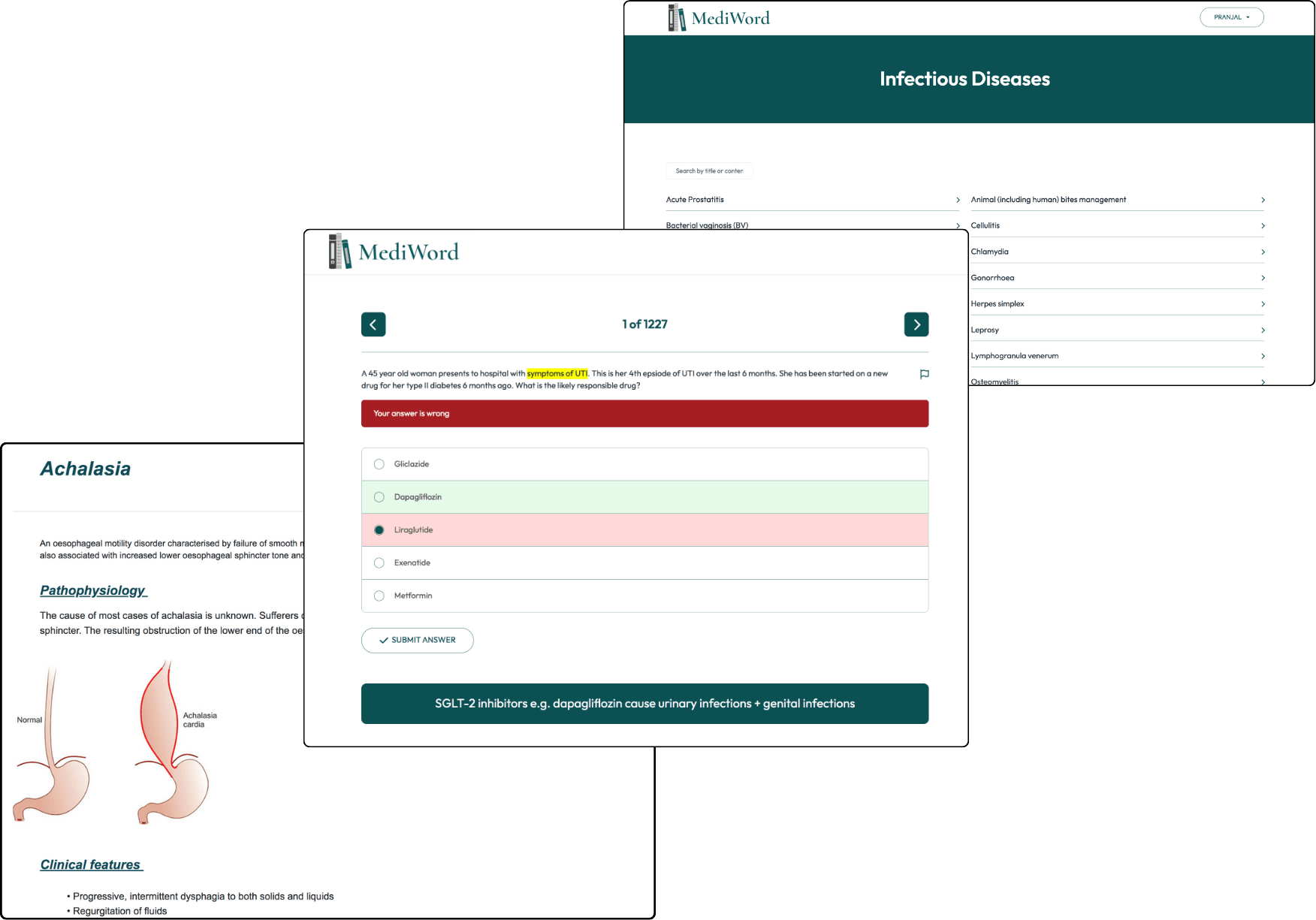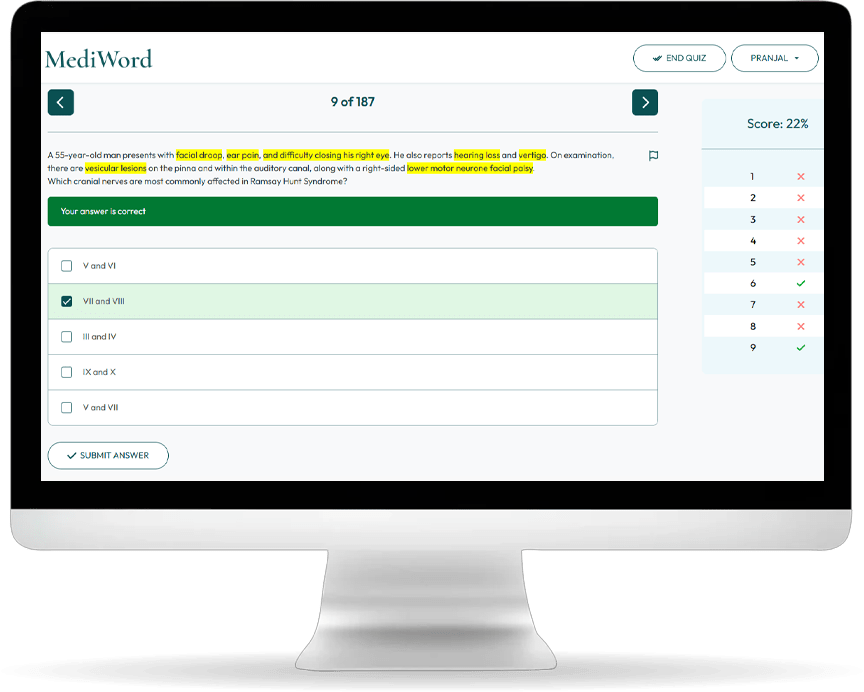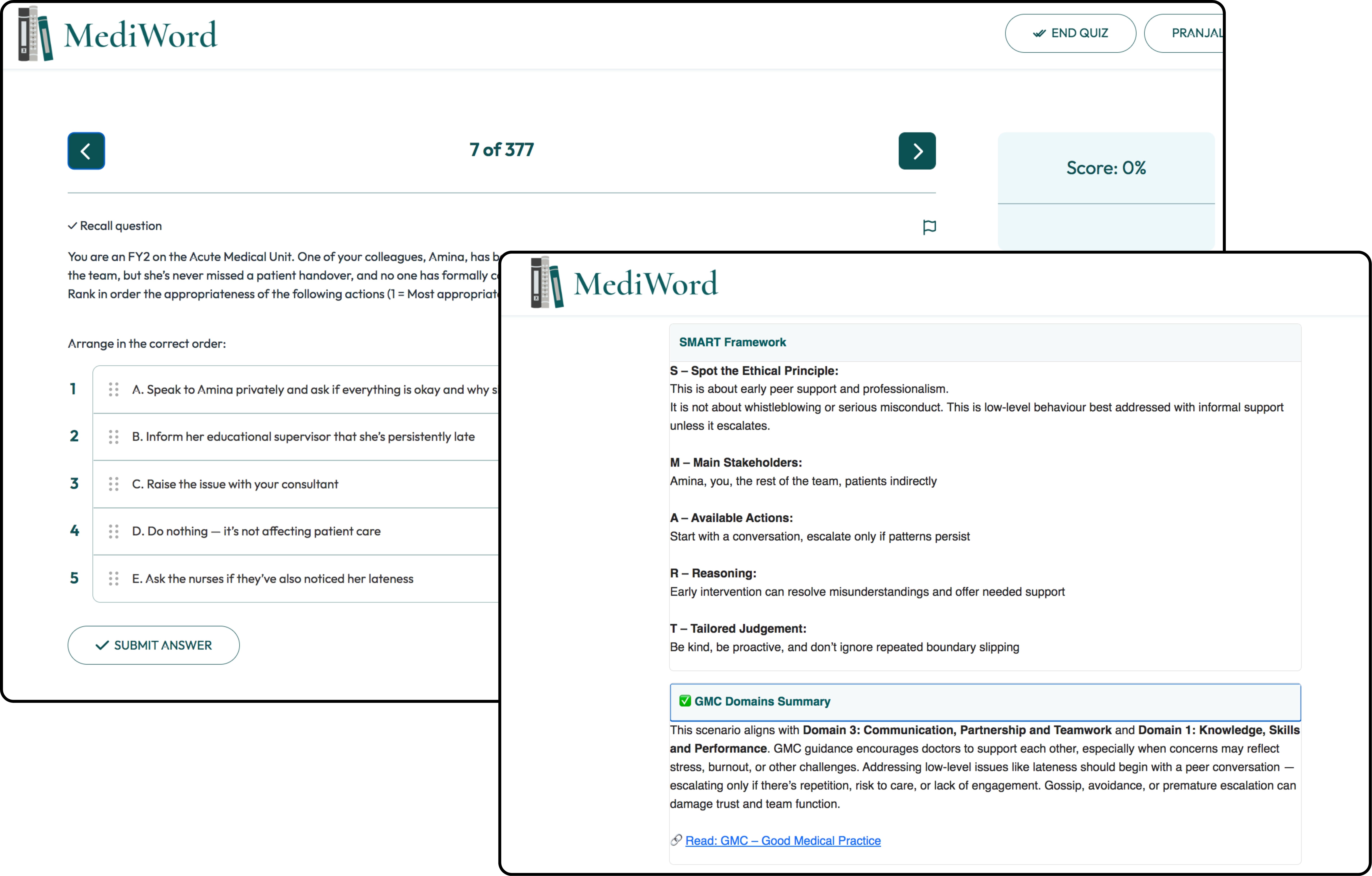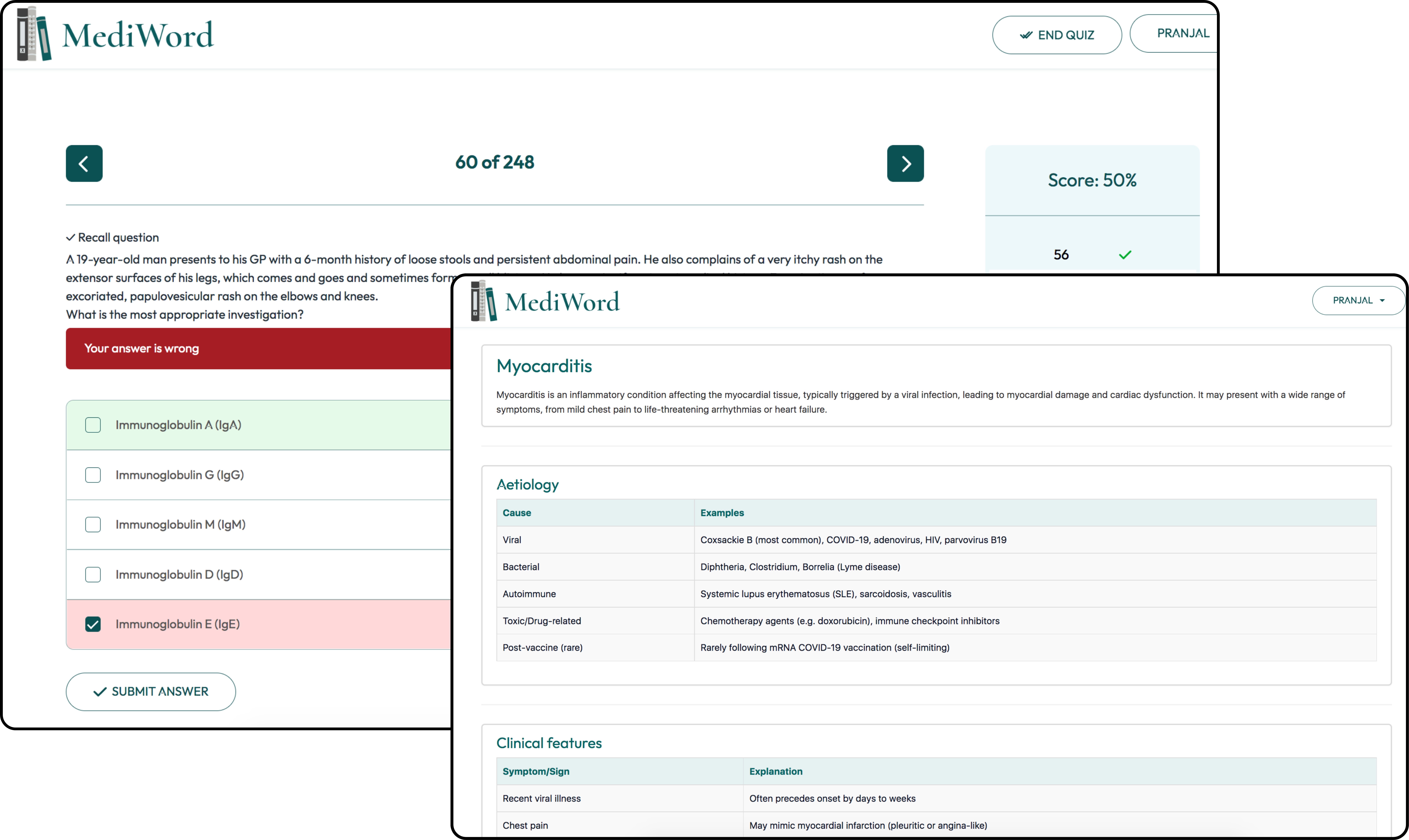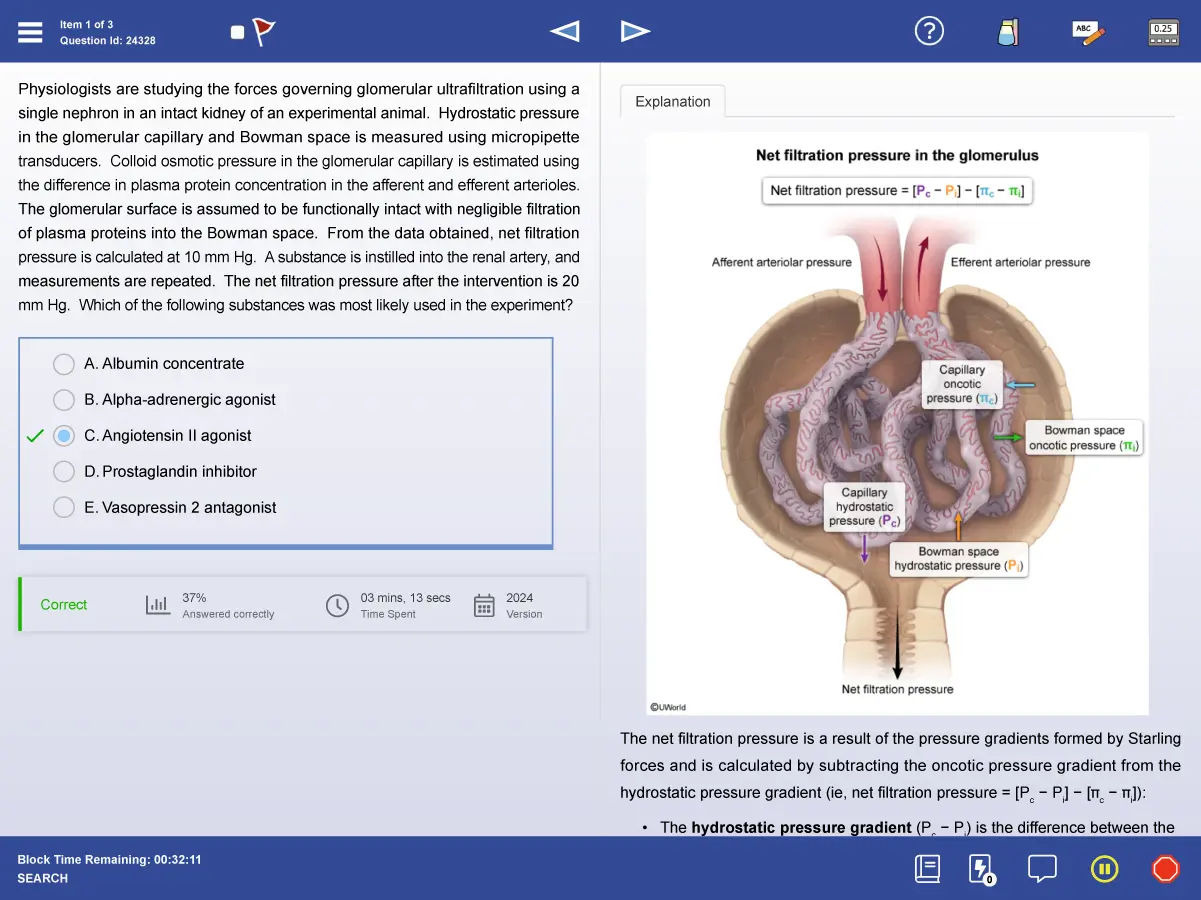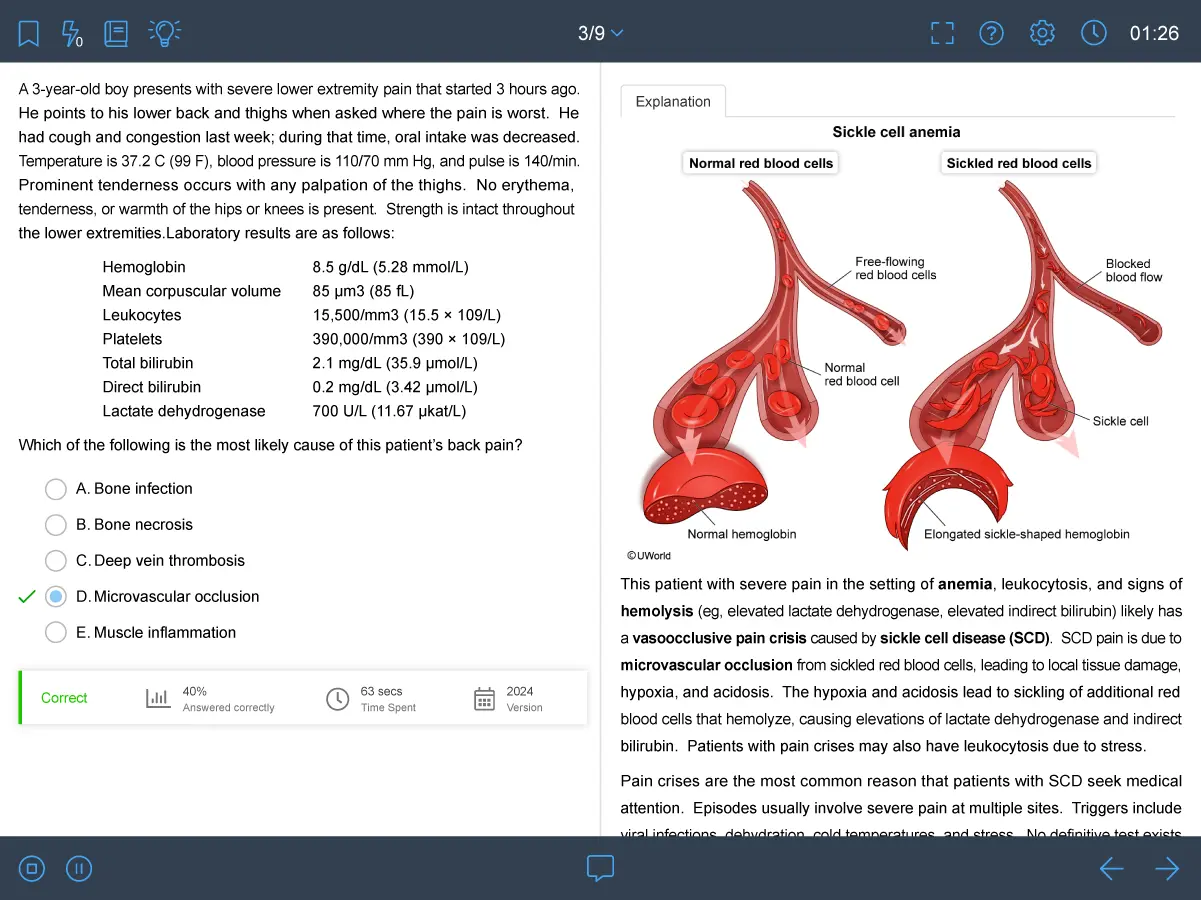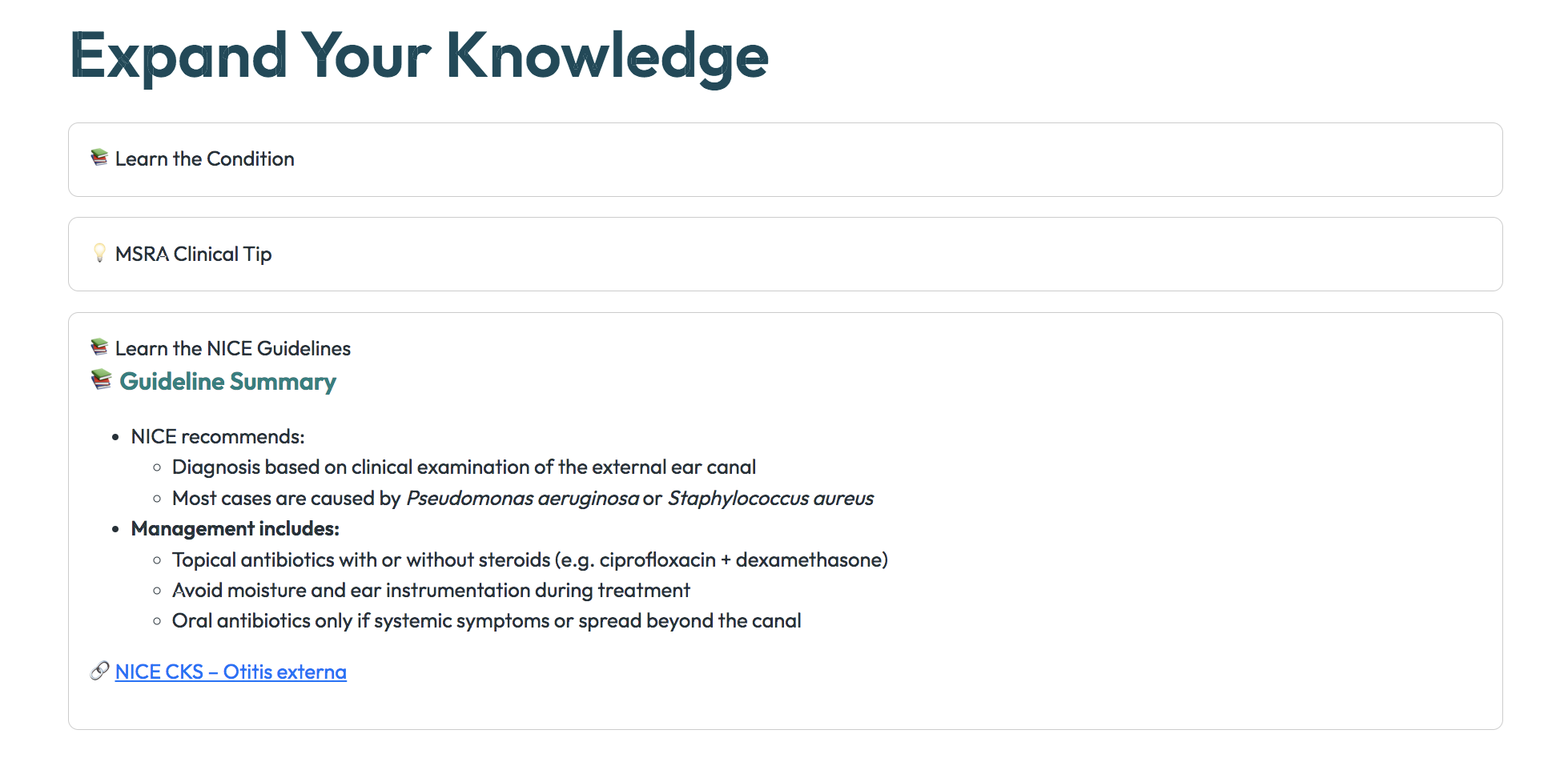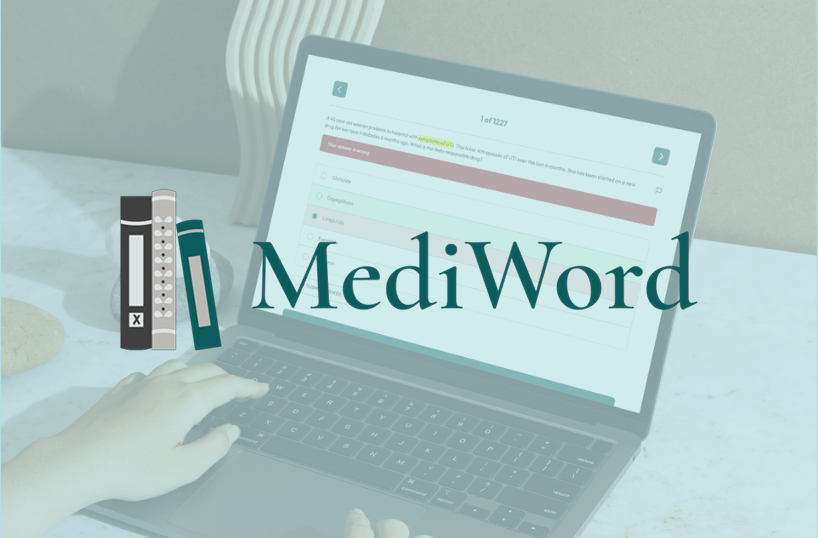Dominate the UKMLA’s Toughest Section: Professional Dilemmas
We prioritise PD - unlike other question banks.
-
✅ 100% PD Focus
A dedicated Professional Dilemmas module—no fluff, no filler. -
✅ SMART Strategy
Our step-by-step framework teaches clear, consistent thinking under pressure. -
✅ GMC-Aligned Scenarios
Every question maps directly to Good Medical Practice, with quick‐link references. -
✅ Exam-Real Realism
Tone, complexity & ambiguity mirror the real MSRA so nothing catches you off guard. -
✅ Insider Insights
Crafted by top-decile junior doctors—learn the shortcuts and avoid common pitfalls.
Turn the UKMLA’s trickiest section into your greatest advantage.
